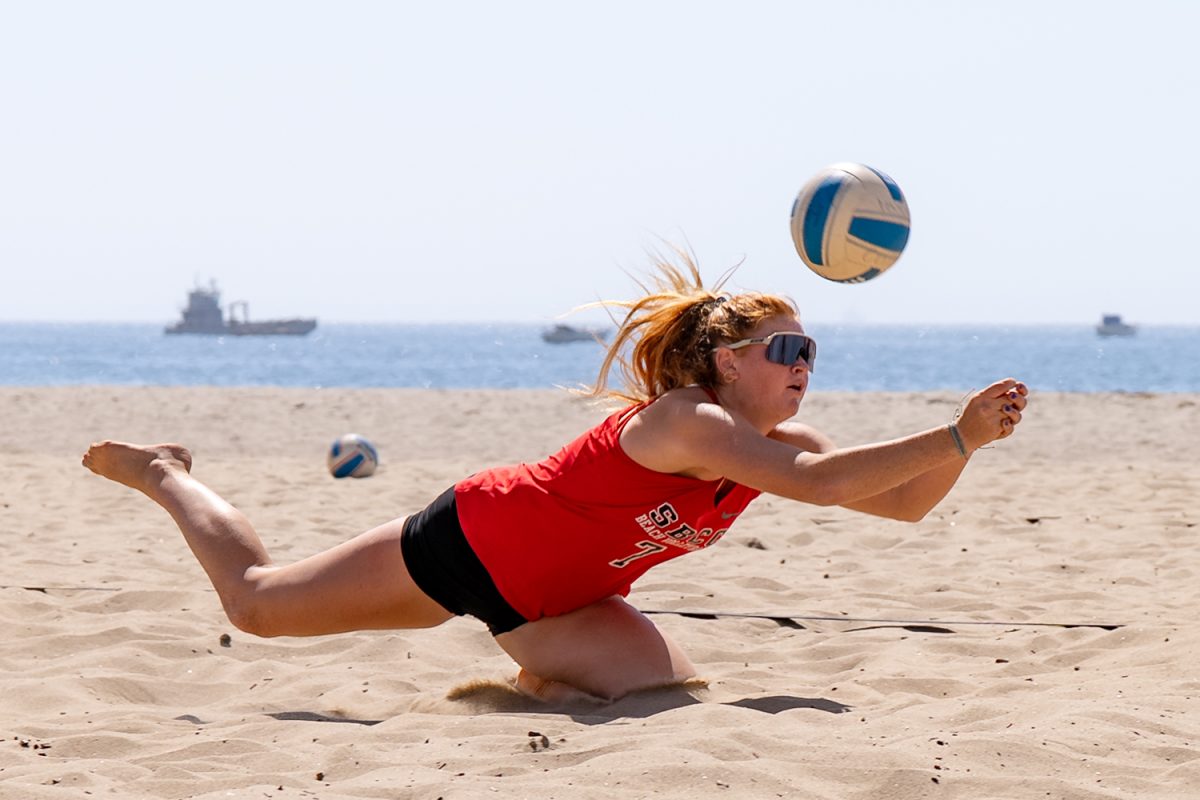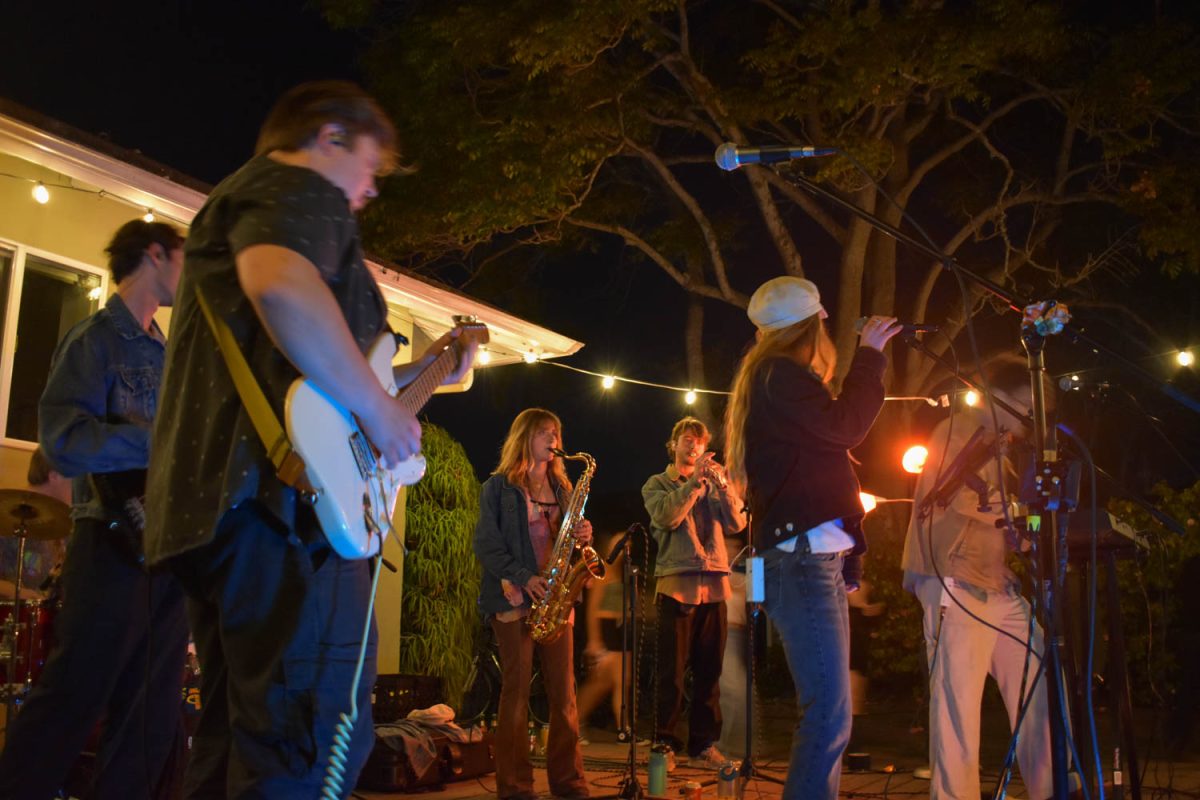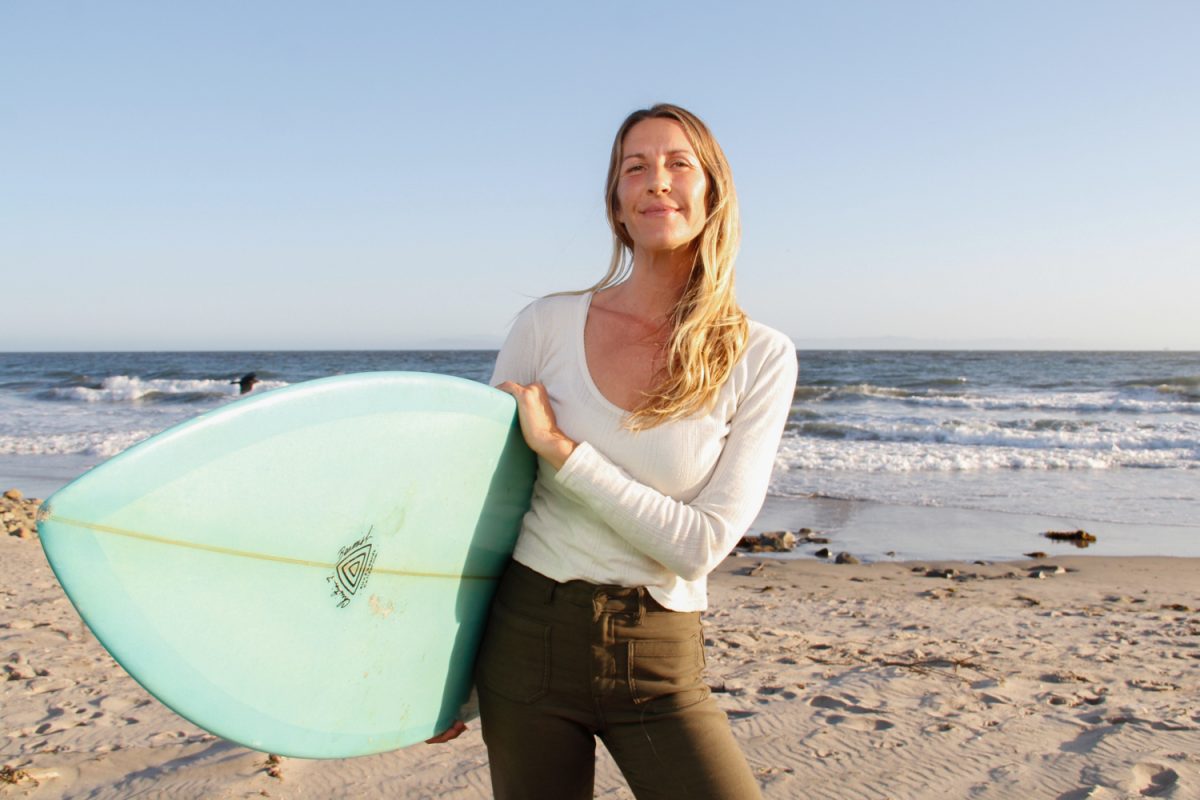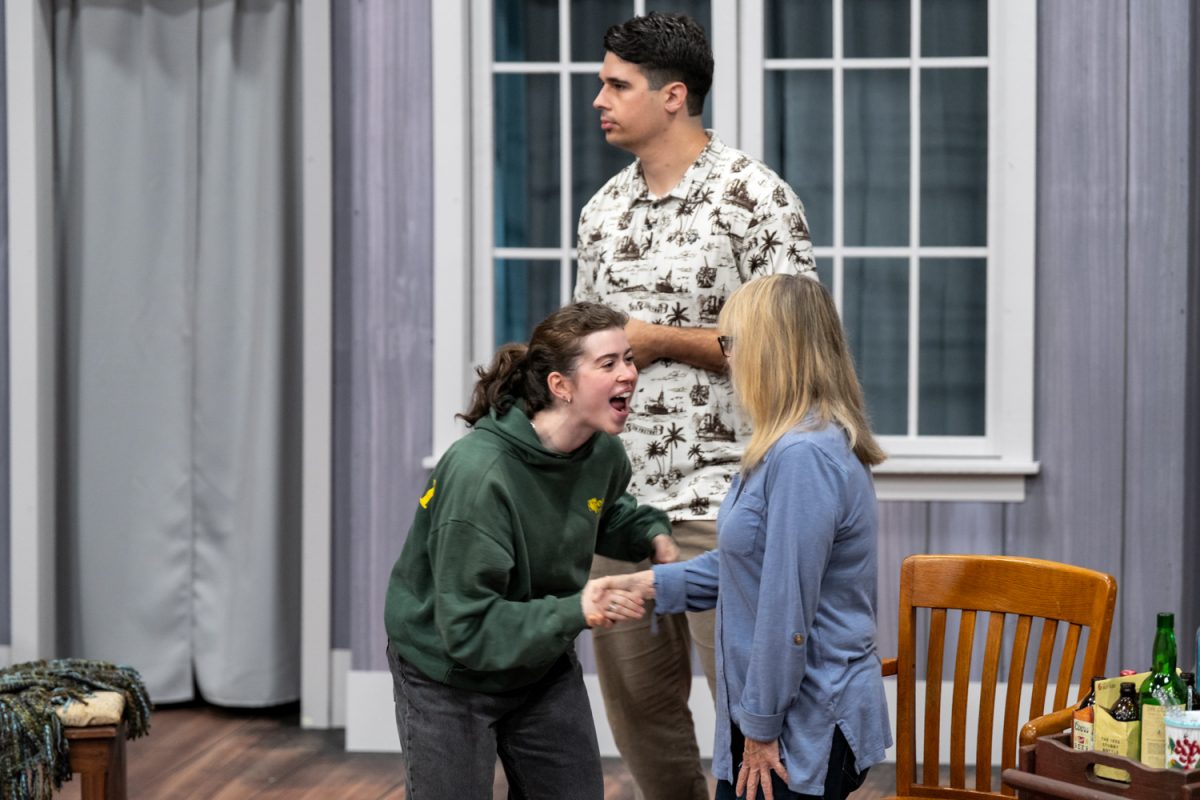The Board of Trustees discussed the removal of restrictions on free speech activity at City College Thursday.
Current board policy dictates that the college is mostly a non-public forum, meaning that certain freedom of speech activities—such as protests, demonstrations, or the distribution of any kind of printed material—are banned on campus except in a select few areas designated as public forums.
Until the board policy changes, there are only four areas on Main Campus that are considered public forums, though only two are usually used—Friendship Plaza and the walkway on West Campus leading to the bridge. The places considered public forums and the specific restrictions on free speech activities are given by Administrative Procedure 3900.
Superintendent-President Anthony Beebe recommended through the policy he presented to the board for discussion that the college should have three types of free speech areas—non-public forums, public forums, and limited purpose forums—and recommended that the college no longer be considered a mostly non-public forum.
The non-public and public forums would basically function the same way as the previous policy, while the limited-purpose forums would consist of places that act as public forums only by certain groups under limited circumstances.
Because the board already agreed the college should be a public-forum during a board meeting on Jan. 25, the conversation focused on whether the language of the policy was sufficient enough to ensure significantly disruptive activities would be considered a violation of the policy.
Trustee Marsha Croninger said that the policy should include an explicit statement that expressive activities should be consistent with board policy and state law. Trustee Craig Neilsen disagreed, saying that that provision should already be accounted for when the college makes its rules that specify what activities are restricted, but the group eventually came to a consensus that the statement should be included to be consistent with other board policies that also make that statement.
Student Trustee Panbehchi said that the college should determine whether statements that appear to provoke hate towards certain groups of people would be considered defamatory under the policy.
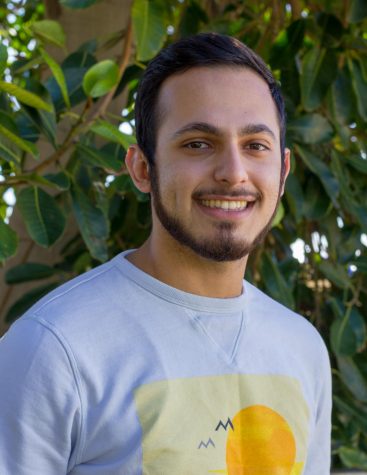
David Panbehchi
As an example, he used a statement by Milo Yiannopoulos from one of Yiannopoulos’ Breitbart articles.
“With a little effort, we can help fat people help themselves, but first we have to make sure that ‘fat acceptance’. . . is given the heart attack it deserves,” Panbehchi quoted.
After some debate, the board decided that it was Beebe’s responsibility to propose college rules that would specify the kinds of statements which would be considered defamatory
“Good luck Dr. Beebe,” Victoria Gallardo, trustee president, said as the board and Beebe laughed during a lighthearted moment in the discussion.
When the board was first presented with the college’s recommendation to change board policy to make the campus a non-public forum during its April 14, 2016 meeting, the board moved on to the next agenda item without discussing the recommendation.
The change to make the college a non-public forum asserted that all the recommended changes —which included the designation of the college as a mostly non-public forum—were legally required and recommended by the college’s legal counsel.
Beebe mentioned during Thursday’s board meeting that the policy he presented was also approved by legal counsel, though did not compare the previous legal counsel recommendation to the current one.
The policy’s other changes included that only designated public forums are available for the “exercise of expression” by students, employees, and members of the public, implying that an individual’s free speech rights would be significantly restricted while on campus except for limited areas but not specifying how free speech would be restricted.
The board passed Board Policy 3900—which first imposed the significant restrictions on college members’ free speech activities that the college currently abides by—during their April 28, 2016 meeting, also without discussion.
The policy discussed Thursday will be brought back to the board at a later date to be considered for approval as official board policy.


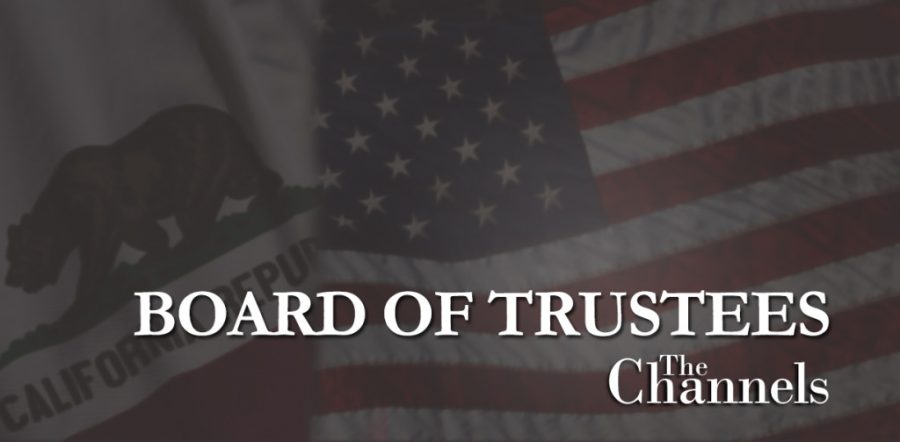







![Milton Alejandro Lopez Plascencia holds a flag showcasing the United States and Mexico on Feb. 7 in Santa Barbara, Calif. “It’s heartbreaking to see what is happening all across the country,” Lopez Plascencia said. “I [want] my voice to be heard by the community.”](https://www.thechannels.org/wp-content/uploads/2025/05/MGSImmigration-1-1200x800.jpg)
